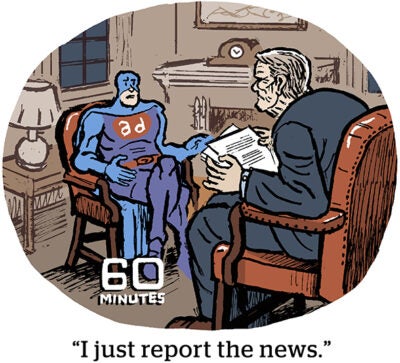How do you deliver personalized marketing without being creepy or violating a privacy policy?
Google, and every other ad tech company, is trying to answer this question.
“First-party data is imperative,” said Michael Burke, managing director of Google’s branded luxury apparels business, at the IAB Tech Lab’s Brand Disruption Summit in New York City on Wednesday. “But the fallacy is the idea that [first-party data] needs to be used for one-to-one marketing.”
It’s a particularly difficult transition in retail and commerce. Customers expect personalized experiences, and for stores or brands they buy from to remember their purchases and have a sense of what they’re shopping for.
People have “an expectation of true personalization,” Burke said. But that kind of one-to-one marketing is becoming more and more difficult to do at all, and harder still to get right without overstepping the use of data for marketing.
One change, according to Burke, is that audience cohorts will replace one-to-one targeting as the industry’s new measurement model, especially for retail.
The main advantage for cohort-based marketing, which puts users into large segments that can only be targeted at an aggregate level, is that it avoids some of the worst elements of one-to-one marketing – namely, retargeting.
The easiest parts of personalization, like retargeting someone who visited a site or watched a CTV ad, often backfire because customers see through the targeting and just feel disturbed by it, Burke said.
He added that advertisers can put a tailored message in front of a cohort that performs just as well as, if not better than, a one-to-one targeted ad.
Retailored
Retailers are moving quickest in the cookie-to-cohort transition because they own first-party data that spans the whole purchase funnel.
Retailers own one-to-one data, but retail media networks report attribution and analytics using cohorts, similar to how walled gardens don’t export user-level data.
Retail media networks can help feed marketers’ algorithmic models with data, including foot traffic and transactions in stores, Burke said. It’s a way to drive advertising ROI without one-to-one personalized advertising.
That opportunity in retail media is exactly why ecommerce business models are melding with brick-and-mortar stores to better close the loop between digital engagements, in-store behavior and purchases.
Cohort-based targeting is about more than meeting customers where they are, said IAB Tech Lab CEO Anthony Katsur, who was moderating Wednesday’s event. “It’s about driving greater growth and profit as a brand.”

















